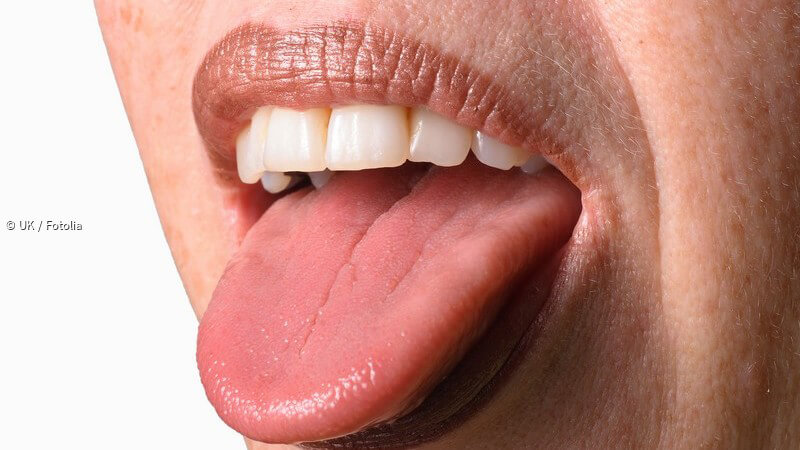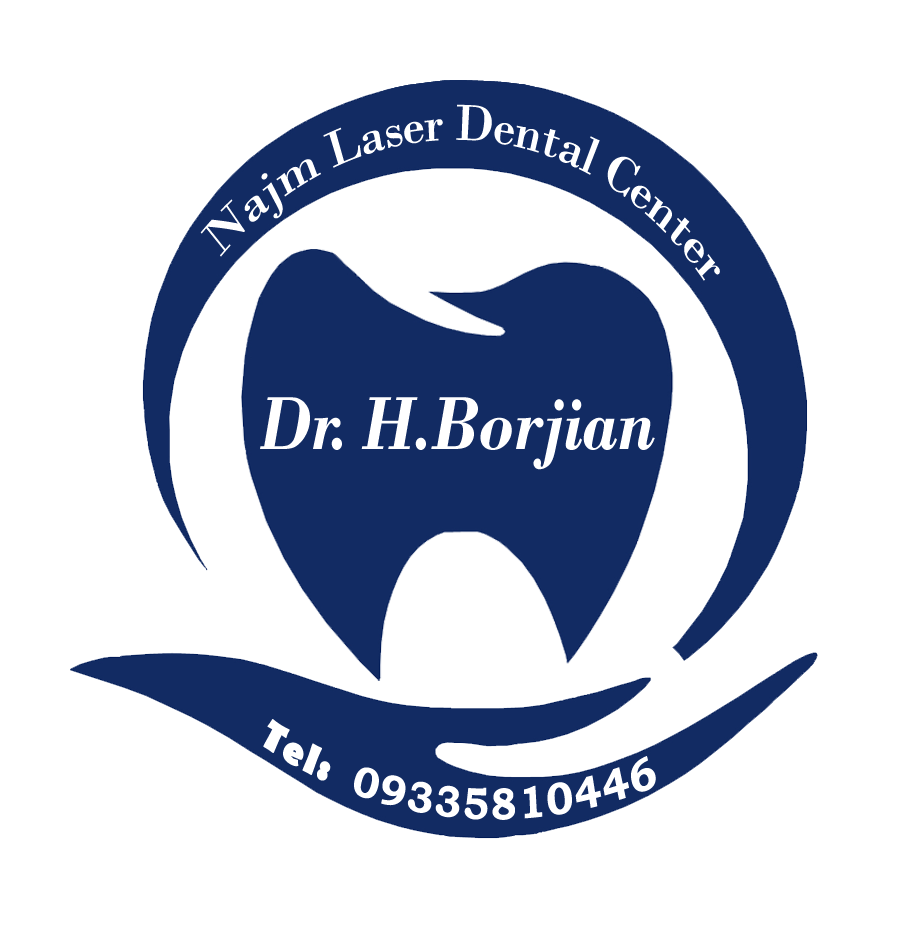Investigating the causes of sour taste in the mouth
Any change in your taste perception is called dysgosia. This is one of several conditions that affect your sense of taste. Other disorders include loss of taste sensitivity ( hypozoa) Is. In this article from Dr. Hossein Borjian's website The best cosmetic dentist in Isfahan We examine the causes of sour taste in the mouth.
In general, other causes that can lead to a sour taste in the mouth include::
Oral hygiene issues
A health condition that affects the mouth is likely one of the potential causes of taste changes. When it comes to creating a sour taste in the mouth, there are several possibilities for the occurrence of this condition, which include::
Dry mouth syndrome (dry mouth):
This happens when you don't have enough saliva. Since saliva is necessary for digestion, insufficient amounts can change the taste of food and cause a bad taste in the mouth.. Some underlying diseases such as some drugs and treatments cause dry mouth be.
oral candidiasis:
A yeast infection in the mouth or throat is also called thrush. People with weak immune systems are more prone to oral thrush, which can cause white patches on the tongue and mouth..
Burning mouth syndrome :
This unusual condition can cause a burning sensation in the mouth and taste changes for no apparent reason. Sometimes, it appears to be related to certain diseases or medications. Diagnosing and treating burning mouth syndrome is difficult. It seems to be more common in postmenopausal people.
Lifestyle habits
Certain lifestyle habits can also contribute to a sour taste in your mouth. Fortunately, you can change and correct these habits to eliminate the sour taste in your mouth. Some of them are:
smoking:
سیگار می تواند طعم غذا و حس چشایی را تغییر دهد. Cigarettes, vapes, and smokeless tobacco products can also leave a bad taste in your mouth.
Improper dental hygiene:
If you don't brush and floss your teeth and tongue regularly, the accumulation of food particles can cause a sour taste in your mouth, even if you have no problems with oral hygiene..
dehydration:
Not drinking enough fluids during the day will cause excessive dryness of the mouth and a sour taste.
Hormone-related causes
Some hormonal changes in women can lead to a sour taste in the mouth, some of which are::
- Menstruation: Some people find that their sense of taste changes at different points in their menstrual cycle.
- pregnancy: Hormonal changes that are a natural part of pregnancy can alter taste perception, especially in the first trimester.
- Menopause: Just as pregnancy can change your sense of taste and taste preferences, so can the hormonal changes around menopause..
Age
Your senses, including your sense of taste, change with age. As you get older, you may notice that food doesn't taste the same as it used to, or you may feel a sour taste in your mouth.
zinc deficiency
Not having enough zinc in the body is one of the most common reasons for a sour taste in the mouth after eating. Zinc deficiency in the body can have various causes, the most important of which are::
- A diet that lacks zinc-rich foods such as meat, fish, and seafood
- Some underlying diseases (For example, ulcerative colitis, liver disease )
- Use of certain medications (Such as ACE inhibitors, diuretics)
- Having certain medical treatments (such as chemotherapy)

Other underlying diseases
Conditions unrelated to oral health can also cause a sour taste in the mouth for a variety of reasons, including::
Gastrointestinal reflux disease (GERD)
A sour taste in the mouth after eating can be one of the symptoms of GERD, GERD is a chronic disease that affects the lower esophageal sphincter. (THE) affects. GERD can also cause heartburn, chest pain, and a burning sensation in the throat. Acid reflux can worsen symptoms, such as smoking, alcohol, fatty or acidic foods, and eating a large meal.
Infection or disease
Fighting an infection or disease in any part of the body can affect your senses. For example, you probably know what it's like to have a stuffy nose from a cold and not be able to smell or taste food.. Sinus infection Or phlegm caused by bad coughs can also cause a bad taste in the mouth such as a sour taste in the mouth.
Pine nut syndrome
In case of pine nut syndrome, you may experience a bitter or sour taste in your mouth one to three days later. Sometimes this taunt may even remain in the mouth for weeks.
Anxiety and stress
Having certain mental health conditions, such as anxiety, can alter your sense of taste by triggering your body's stress response. They can also cause dry mouth and a sour taste in the mouth.
Neurological concerns
Your brain is integral to the experience of taste. Some people with brain damage have an imaginary sense of taste or smell. This condition may also occur after brain surgery. بیماری های مغزی و عصبی مانند صرع، ام اس، فلج بل، تومورهای مغزی و زوال عقل نیز می توانند حس چشایی شما را تغییر دهند.
Lead poisoning
Exposure to lead can lead to various complications such as a blue line along the gums or a strange or bad taste in the mouth.. Lead poisoning also causes symptoms such as fatigue, difficulty concentrating, and memory loss.
The Instagram page of Dr. Hossein Borjian, the best cosmetic dentist in Isfahan
Taking medicines and treatments
A bitter or sour taste in the mouth after eating can be a side effect of some drugs. At least 250 different drugs can cause a bitter taste in the mouth.. This side effect can be caused by the following:
- Effects of drugs on taste receptors in the brain
- The taste of medicine when mixed with saliva.
- A drug molecule in the tongue blood vessel that interferes with taste bud receptors.
Some of the most common medications that can cause a sour taste in the mouth include::
Chemotherapy drugs:
از جمله سیس پلاتینسیکلوفسفامید و اتوپوزید
Nerve drugs:
including anti-Parkinson drugs, migraine drugs and muscle relaxants
Heart medications:
Including many high blood pressure medications, diuretics, statins, and antiarrhythmic drugs
antibiotics:
including ampicillin, macrolides, quinolone hesulfamethoxazole-trimethoprim, tetracycline and metronidazole
Psychotropic drugs:
These include most tricyclic antidepressants, some antipsychotics, anxiolytics, mood stabilizers, and hypnotics.
Other prescription and non-prescription drugs (OTC):
including thyroid medications, antihistamines, bronchodilators, anti-inflammatories, smoking cessation aids, antifungals, and antivirals
Sour taste during cancer treatment
People undergoing treatment for head and neck cancer may experience taste changes because the radiation damages the salivary tissues.. Chemotherapy can also change your sense of taste.
Attention :
- The scientific accuracy of the above article should be consulted with Dr. Borjian, a specialist, in person Gum and bone grafting be confirmed.
- This article was managed and published by the site admin.
Read more :
Familiarity with dental bonding
Causes of red spots in the mouth
The most common types of oral infections



